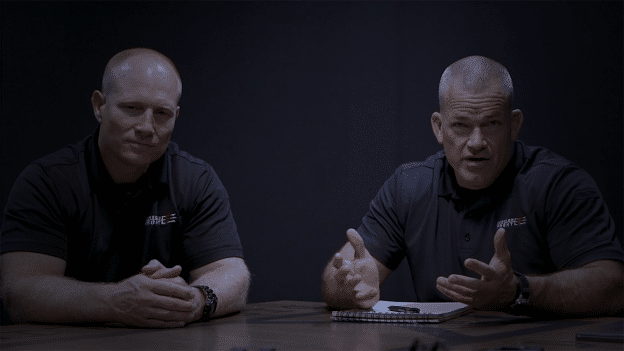Leadership is an often misunderstood principle. So many people think it only applies to their boss, and even worse, many don’t see the value. In combat, the most chaotic environment on the planet, we learned that leadership was the solution. As a SEAL unit in Al-Rahmadi, Iraq (the most violent combat Navy SEALs witnessed since Vietnam), we learned the key to winning was Extreme Ownership.
This free course addresses some of the most common questions leaders ask at our speaking engagements, live events, and on-site leadership training. If you’re looking for help improving your leadership skills, we invite you to check out this list of frequently asked questions about leadership.




